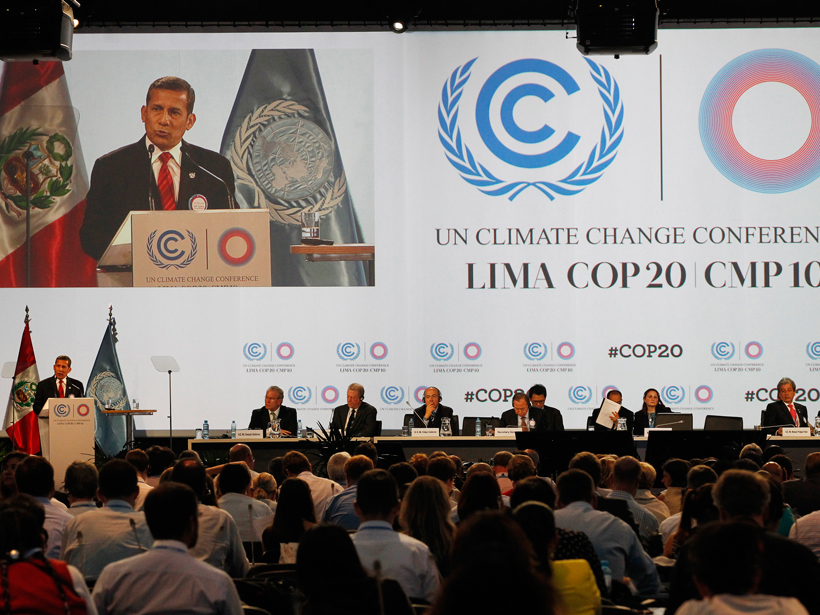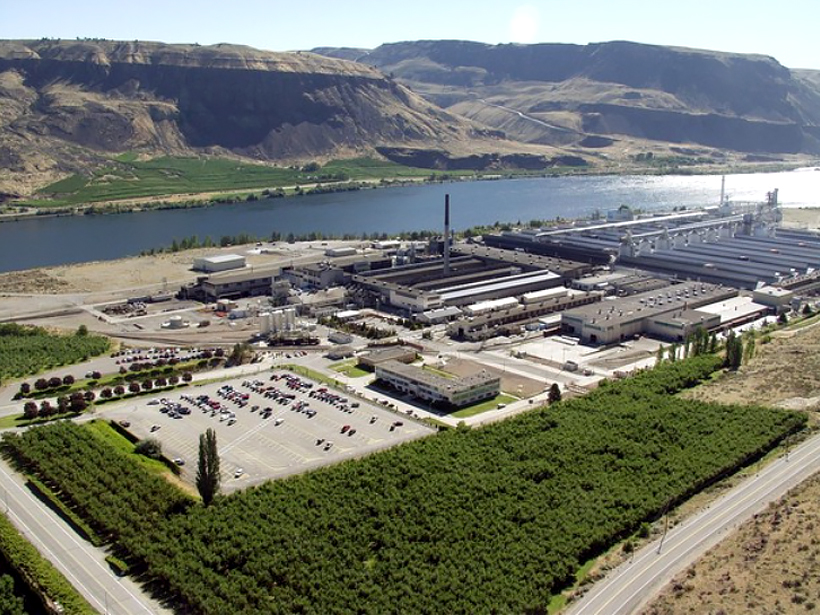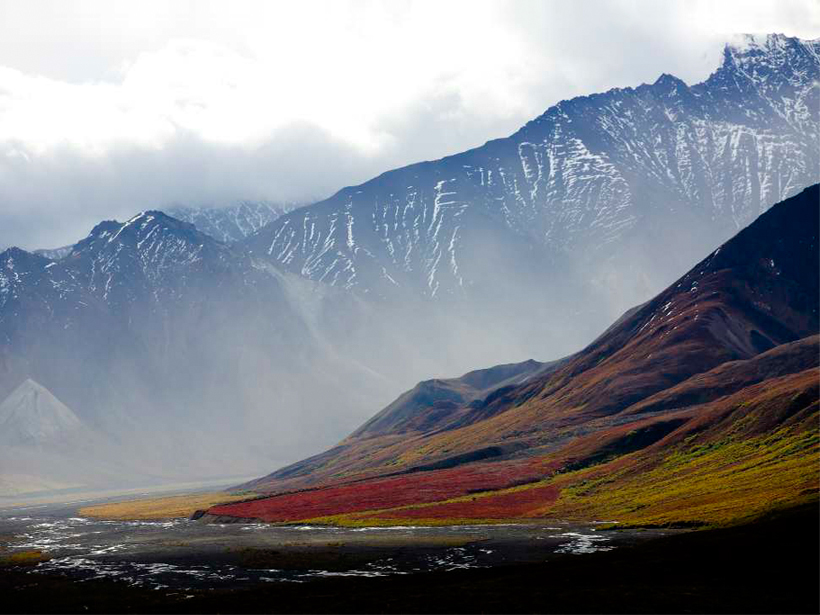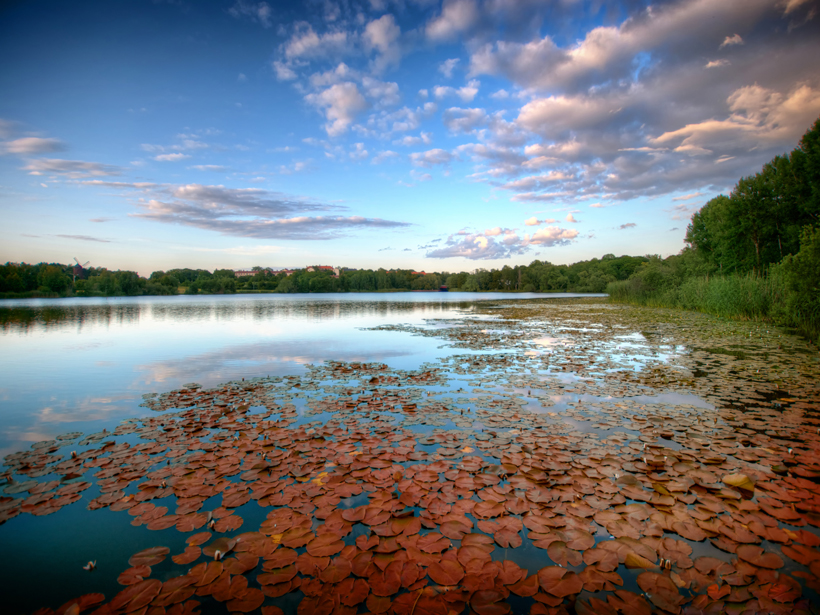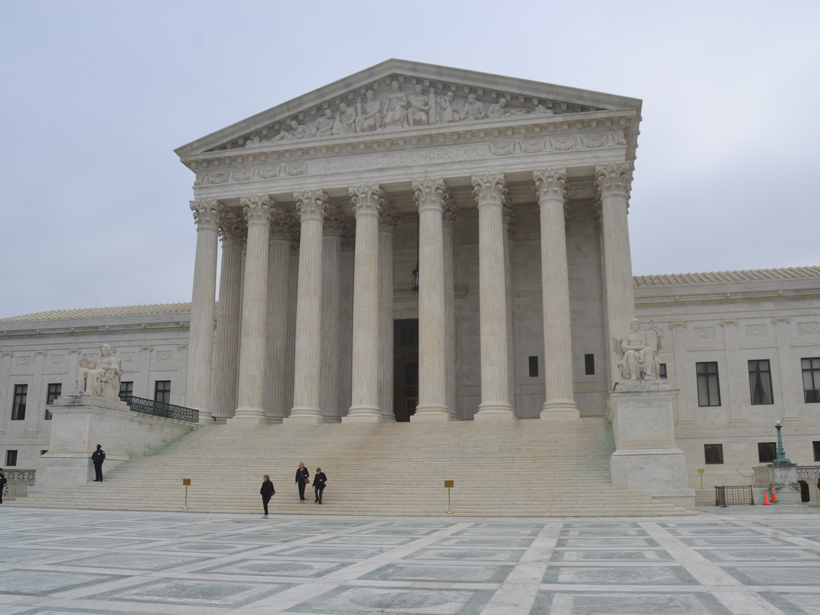Pledges so far by the United States, European Union, and China would require all other countries to emit 7 to 14 times less per capita than those three regions by 2030 to limit warming to 2°C.
carbon emissions
Aerosol Cutbacks May Bring Tropical Rains Farther North
Lower anthropogenic aerosol emissions in the 21st century may lead to warming that drives the Intertropical Convergence Zone northward.
Surface Climate Processes Keep Earth's Energy Balance in Check
Models show that an abrupt increase in carbon dioxide emissions would trigger feedback processes that would change Earth's hydrological cycle.
Leading Companies Take White House Climate Pledge
Alcoa, Cargill, General Motors, Microsoft, and nine other major U.S. companies have committed to cut greenhouse gases as part of a new White House program.
Simulating a Warmer, Drier Arctic
Field experiments examine the effect of rising temperatures and drying soils on carbon dynamics in the Arctic.
Tailpipe Study: Newer Trucks Emit More Black Carbon
A surprising increase is reported in Europe regarding the global warming agent as tougher emissions standards are unveiled in the United States for trucks.
How Much Carbon Dioxide Does Sunlight Release from Lakes?
A study of more than 1000 lakes in Sweden helps model sunlight's ability to drive greenhouse gas emissions.
White House Submits Greenhouse Gas Emission Targets
Before the climate summit in Paris this November and December, the United States and some other countries have submitted their targets to cut emissions.
Supreme Court Hears Case About Regulating Power Plants
In a case about power plant emissions, arguments focused on whether the Environmental Protection Agency properly interpreted a regulation and on dramatically different cost-benefit analyses.
Kerry Blasts Climate Skeptics and Urges Action
In a tough speech on climate change, U.S. Secretary of State John Kerry calls out climate skeptics and calls for more efforts to curb emissions.

